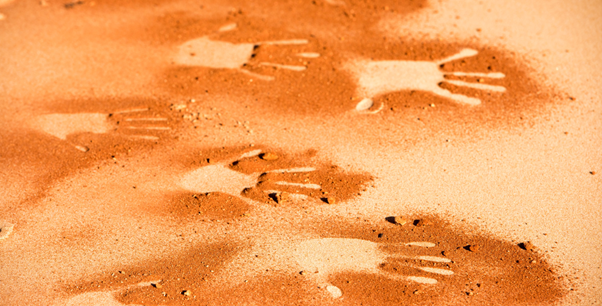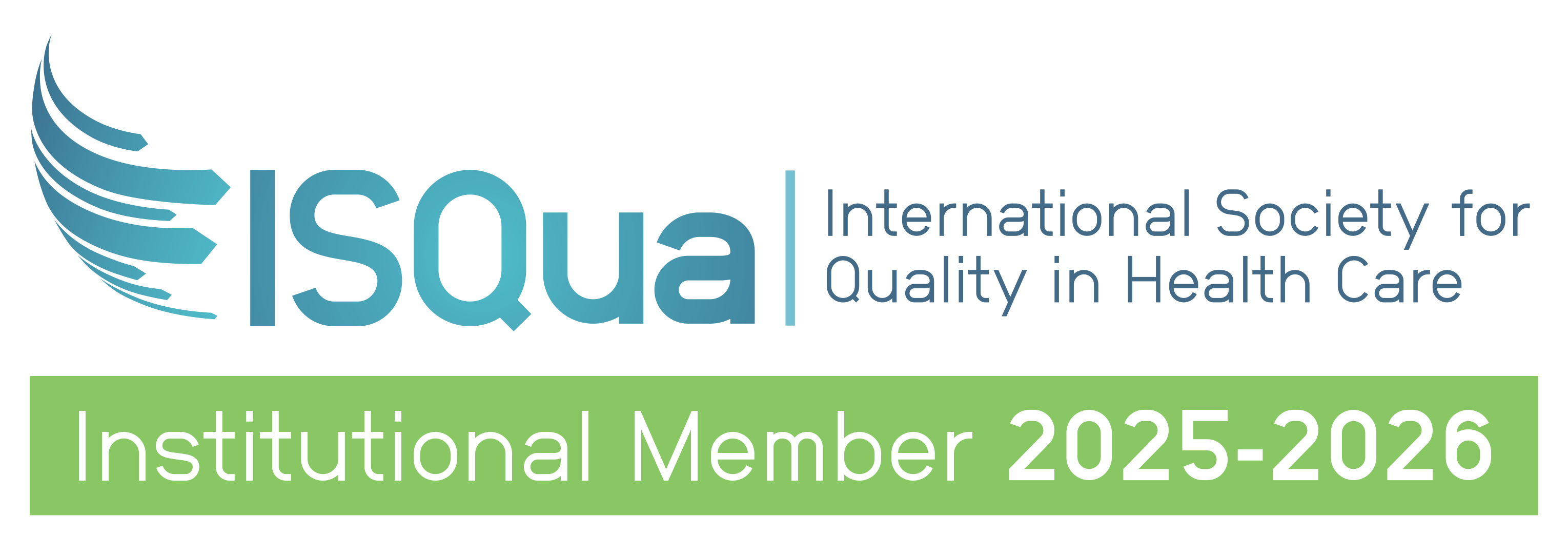
Keep the Fire Burning! Blak, Loud and Proud
This NAIDOC Week 2024 we celebrate the enduring strength of Indigenous cultures.
NAIDOC Week offers a time for Australians to celebrate and honour the history, culture, and achievements of Aboriginal and Torres Strait Islander peoples. NAIDOC Week 2024, held from July 7 to July 14, brings together communities across the country in a series of events and activities that recognise the rich cultural heritage of Australia's First Nations peoples.
This year the theme for NAIDOC Week is ’Keep the Fire Burning! Blak, Loud and Proud’ which embodies the celebration of Indigenous identity. This theme emphasises the reclaiming of narratives, amplifying voices, pursuing justice and equality. It invites all Australians to listen, learn, and engage in meaningful conversations, creating a society that truly values and respects the wisdom and contributions of Indigenous peoples.
Celebrating and Honouring First Nations Cultures at ACHS
ACHS continues our journey of learning and reflection through our Reconciliation Action Plan (RAP). RAPs provide tangible and substantive benefits for Aboriginal and Torres Strait Islander peoples, increasing economic equity and supporting First Nations self-determination. During NAIDOC Week we encourage staff to get involved in local events and share knowledge and stories to build stronger relationships.

We sat down with Palawa woman Katie Robinson RN, MPH, ACHSQIL, who works as a Clinical Educator at the ACHS Improvement Academy and a Member of the ACHS RAP Working Group. We asked her thoughts on the importance of reconciliation and had the opportunity to learn more about her heritage.
Tell us about yourself
I am Palawa woman from Lutruwita (Tasmania). Palawa is the name Tasmanian Aboriginals use when referring to themselves, it was the name of the 'first man' who was created from the Kangaroo by a creation spirit. Tasmanian Aboriginals were thought to be extinct for many years due to removals and the silence of descendants. Specific place names and components of Aboriginal language are being pieced back together in a state-based language, Palawa Kani. Unlike some mainland Australian languages, the individual tribal languages of Tasmania are not as easily accessible.
Pictured: Wulinantikala (Cradle Mountain), Tasmania
Why did you join the RAP Working Group?
For our mob to grow and thrive, we need services that are attuned to our cultural needs and support our care and engagement. ACHS dedicates much of its efforts to inspiring healthcare services to lead in quality and safety, and it’s crucial to embed this inclusive culture within the organisation as well. For our mob, we can’t be what we can’t see, and we can’t thrive where we are not welcome. It is important for me to be a part of this working group, both being visible to others and being in an environment where I and others could thrive.
There is a perceptible desire to not only comply with the requirements of the reconciliation action plan, but to learn, grow and embrace First Nations culture. This commitment to reconciliation fosters a culture of collaboration and mutual growth.
- Katie Robinson
Tell us about the importance of reconciliation
There have been generations of mistrust, misunderstanding and institutionalised racism. Reconciliation is the path for rebuilding trust and mutual understanding which will support truth-telling. It is about re-learning, breaking down unconscious bias, racist behaviours and thought patterns. It is about no longer hiding the Aboriginal and Torres Strait Islander Peoples experience of history, no longer excluding it, no longer excluding us.
Thank you Katie for sharing these incredible insights. Let's keep the fire burning and proudly celebrate the vibrant identity of our Indigenous and Torres Strait Islander communities.
Learn more about NAIDOC Week 2024 here.

